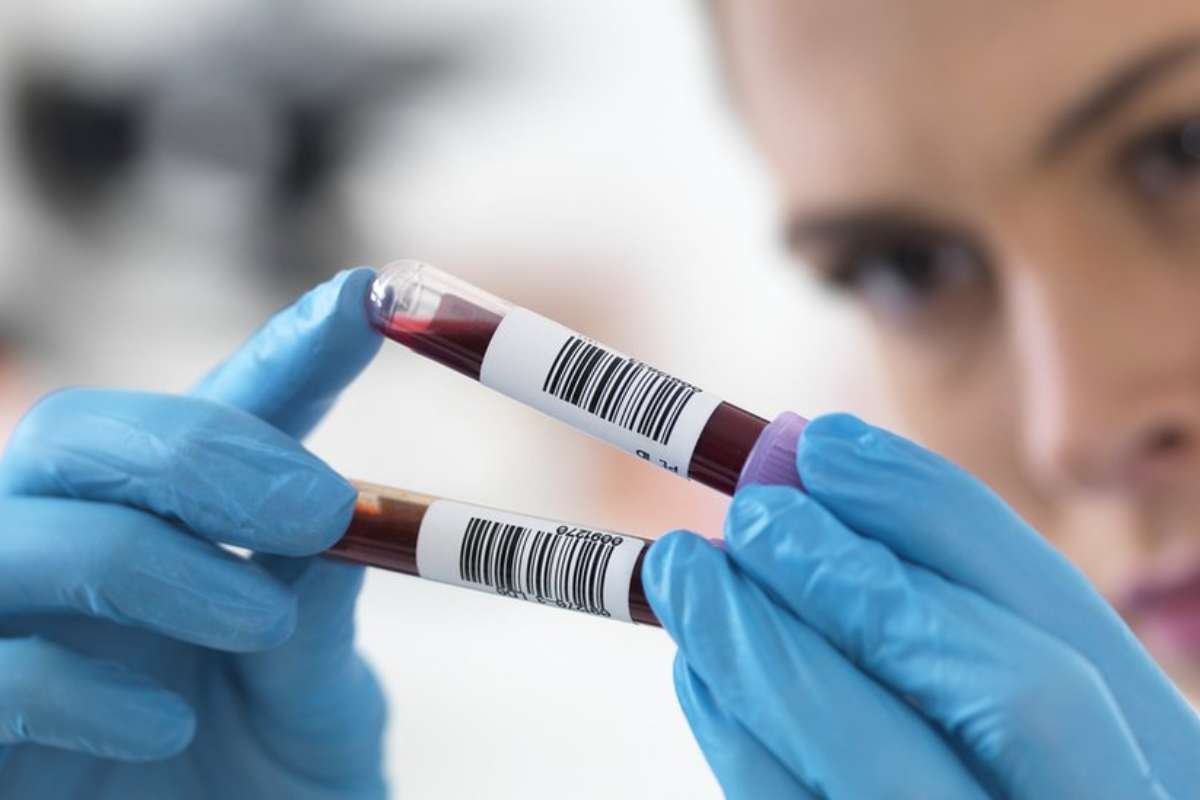Setback in Weight Loss Drug Development
Pfizer Halts the development of its experimental weight loss pill, danuglipron, after a clinical trial revealed potential liver injury in one patient. The patient, who experienced elevated liver enzymes—a common indicator of liver damage—did not show any liver-related symptoms. Pfizer stated that the patient’s liver enzymes returned to normal once they stopped taking the drug, an oral GLP-1 medication. The drug, which works by mimicking gut hormones to regulate appetite and blood sugar, had been undergoing trials with rapidly increasing doses, which may have contributed to the adverse reaction.
Pfizer’s decision to halt the pill’s development came after reviewing all clinical data and receiving feedback from regulators. The company emphasized that while disappointed, it remains committed to advancing other promising treatments, especially in the growing field of weight loss drugs.
Challenges in the GLP-1 Market
Pfizer Halts its pursuit of danuglipron, further complicating its position in the highly competitive GLP-1 market. a space dominated by injections such as Novo Nordisk’s Wegovy and Eli Lilly’s Zepbound. The market for GLP-1 drugs, which are expected to surpass $150 billion by the early 2030s, offers significant potential, especially with oral versions like danuglipron, which Pfizer aimed to bring to market as a convenient alternative to injectable drugs. However, despite the promising outlook, Pfizer’s efforts to compete in this space have been hindered by repeated challenges.
In December 2023, Pfizer discontinued a twice-daily version of danuglipron after patients had difficulty tolerating the medication. While the once-daily form of the pill showed positive results in recent trials, the liver injury case led the company to abandon further development. Pfizer’s strategy to offer oral alternatives to injectable GLP-1s is now facing delays, with competition already well-established.
Pfizer’s Future in Obesity Treatment and Drug Pipeline
Despite this setback, Pfizer remains optimistic about its future in obesity treatment. The company has other experimental drugs in the early stages of development, including an oral drug targeting the GIPR hormone, which Pfizer believes could offer better efficacy and tolerability than GLP-1-based drugs. Pfizer’s ongoing commitment to advancing treatments in the weight loss space reflects its broader strategy to diversify its portfolio beyond the COVID-19 vaccine, which has seen a significant drop in revenue.
Pfizer’s decision to discontinue danuglipron follows similar challenges with another obesity pill in 2023. However, the company’s pipeline remains robust, and it is also focusing on developing cancer treatments for long-term growth. As the GLP-1 market continues to evolve, Pfizer’s next steps will depend on the success of alternative approaches to obesity treatment, such as the GIPR-targeting drug currently in phase two trials.
Pfizer Halts the development of its experimental drug, but its continued strategic investments in cancer and obesity treatments reaffirm its role as a key player in the pharmaceutical industry. Despite recent challenges, the company remains focused on advancing innovations that drive long-term growth.
Visit The Lifesciences Magazine For The Most Recent Information.









